Muslim Holy Days and Observances
Learn More About Islam
From the basics of Islam 101 to Sacred Texts to Decoding Rituals and Symbols and more…
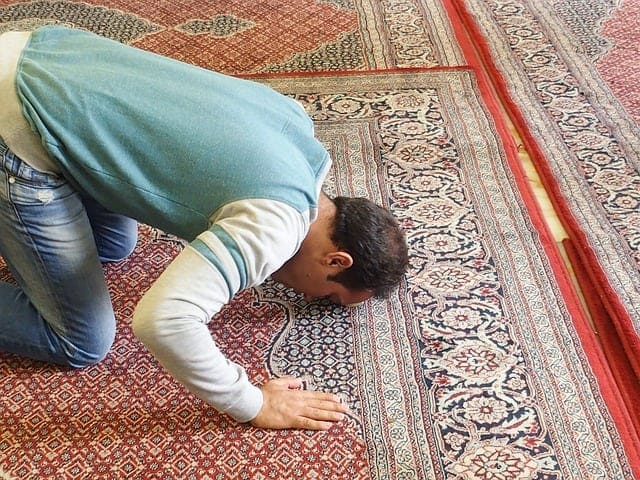
Hijri Year (Islamic New Year)
July 19, 2023 Muslims celebrate Hijri Year on the first of Muharram, the first month of the Islamic calendar. The Qur’an notes that Muharram is one of four sacred months in the year. Hijri Year recalls the 622 CE migration (hijra) of Muharram and his followers from Mecca to Medina. There, they established the first Muslim community.
The New Year is a public holiday in many Muslim countries. Customs vary among different traditions and cultures. However, most people observe the day quietly with prayer, family time and gratitude.
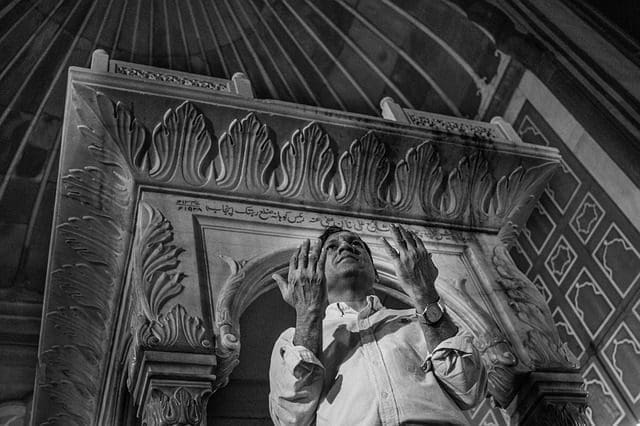
Ashura
July 28, 2023 Muslims consider Ashura, the 10th of Muharram, the most meaningful day in a sacred month. Many believers fast and pray on this day. However, Sunni and Shia Muslims observe Ashura for different reasons. Shias view it as a day of mourning for Husayn Ibn Ali, Prophet Muhammad’s martyred grandson. Sunnis celebrate the day in honor of Moses’s victory over Pharaoh.
According to Shia beliefs, Husayn Ibn Ali revolted against Yazid, the newly appointed ruler. In revenge, Yazid’s army attacked Husayn at the Battle of Karbala. There, on 10 Muharram, they beheaded him and imprisoned his family in Damascus. Some Shias beat their chests or whip themselves on Ashura to remember Husayn’s suffering.
Sunni Muslims also recall these accounts with poetry and eulogies but do not mourn. They observe Ashura as a day of thanks to God for helping the Israelites escape Egypt. This is similar to Yom Kippur in Judaism.
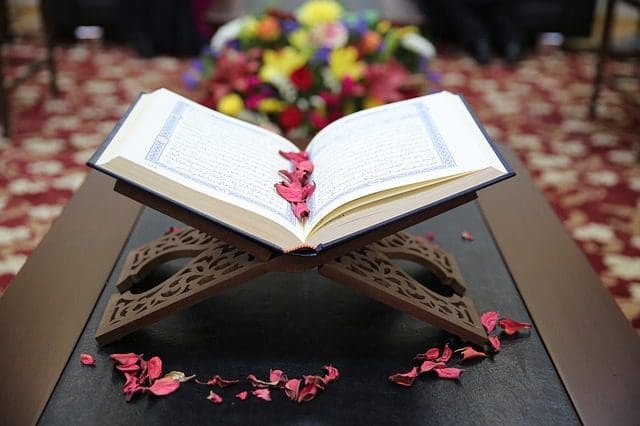
Mawlid al-Nabi
September 26, 2023 Muslims celebrate Mawlid al-Nabi, Prophet Muhammad’s birthday, on the 12th day of the third month. Most Muslim countries observe it as a major public holiday.
The festival is rooted in Islam’s early days and the Tabi`un. This was the next generation of believers after Muhammad’s direct disciples. The Tabi`un began holding recitals of poetry and songs honoring the Prophet in major cities. They wrote many of the qasidas (poems) in response to the infidels of Mecca, who reviled Muhammad with their own own poetry. Today, Mawlid al-Nabi customs still include reading devotional poetry along with the Qur’an. Believers also attend marches and lectures about the Prophet and enjoy feasts.
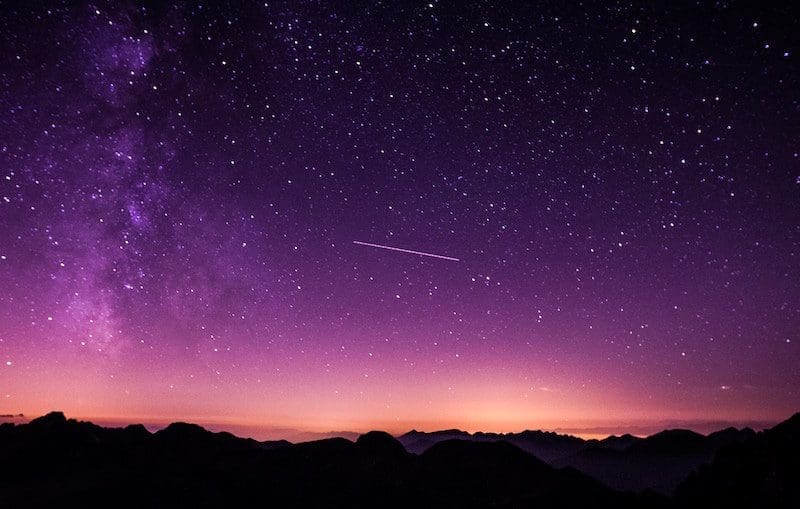
Shab e Mi’raj
February 16, 2023 (date may vary by country) Shab e Miraj (or Isra and Mi’raj) marks a two-part journey that Prophet Muhammad is believed to have taken one night around 621 CE. Muslims believe the journey was both physical and spiritual and that it took place on 27 Rajab, the seventh month.
In the Isra (“night journey”), Muhammad rode on a steed from Mecca to “the farthest mosque” with Archangel Gabriel. At the mosque, which later Muslims identified as Al-Aqsa in Jerusalem, Muhammad led past prophets in prayer. Then, he ascended with Gabriel to the seven stages of heaven (the Mi’raj).
In heaven Muhammad met prophets including John the Baptist, Jesus, Moses, and Abraham. He then entered Allah’s presence and Allah told him Muslims were to pray 50 times a day. But when Muhammad left and reported this to Moses, he replied that it was too much for believers. Muhammad went back and forth between Allah and Moses nine times. Finally, Allah reduced the number of daily prayers to five, and Muhammad returned to Mecca the same night.
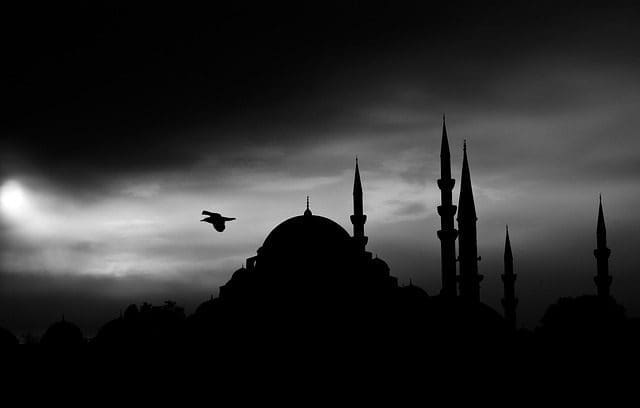
Shab e Barat
March 6, 2023 Shab e Barat falls between the 14th and 15th of Sha’bān, the month before Ramadan. The event is also known as Niṣf Sha’bān (“Mid-Sha’bān”) or Bara’a Night. Muslims in many regions, along with Shias and Arabs of Sufi heritage, celebrate the holiday.
On the night of 15 Sha’bān after the fourth or fifth prayer of the day, believers read Surah Yasin, the Qur’an’s 36th chapter. The night is thought to be a time when Allah is especially merciful. Muslims pray for forgiveness, good health and increased faith for themselves, their families and their ancestors. Many also fast.
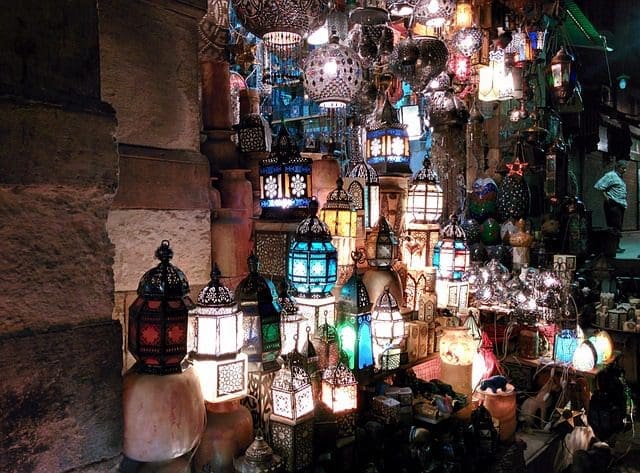
First of Ramadan
March 23, 2023 Throughout Ramadan, the ninth month of the Islamic year, Muslims worldwide fast from food and drink during daylight hours. However, it is also a time when believers practice self-sacrifice, purify their lives and focus completely on God. Sawm (Arabic for “fasting”) means “to refrain” from eating, but also from evil actions, thoughts and words.
During Ramadan, Muslims strive to forgive others, strengthen relationships, and clean up their lives and thoughts. Believers aim to restrain each part of the body: the tongue from gossip, the eyes from looking at evil things, and so on. By “fasting,” believers commit to cleansing both body and soul in worship to God.
Muslims believe Ramadan is filled with blessings, and it is traditional to wish others well at the start of the month. Greetings include:
- “Ramadan Mubarak!” (“Blessed Ramadan!”)
- “Ramadan Kareem!” (“Noble [or generous] Ramadan!”)
- “Kul ‘am wa enta bi-khair!” (“May every year find you in good health!”)
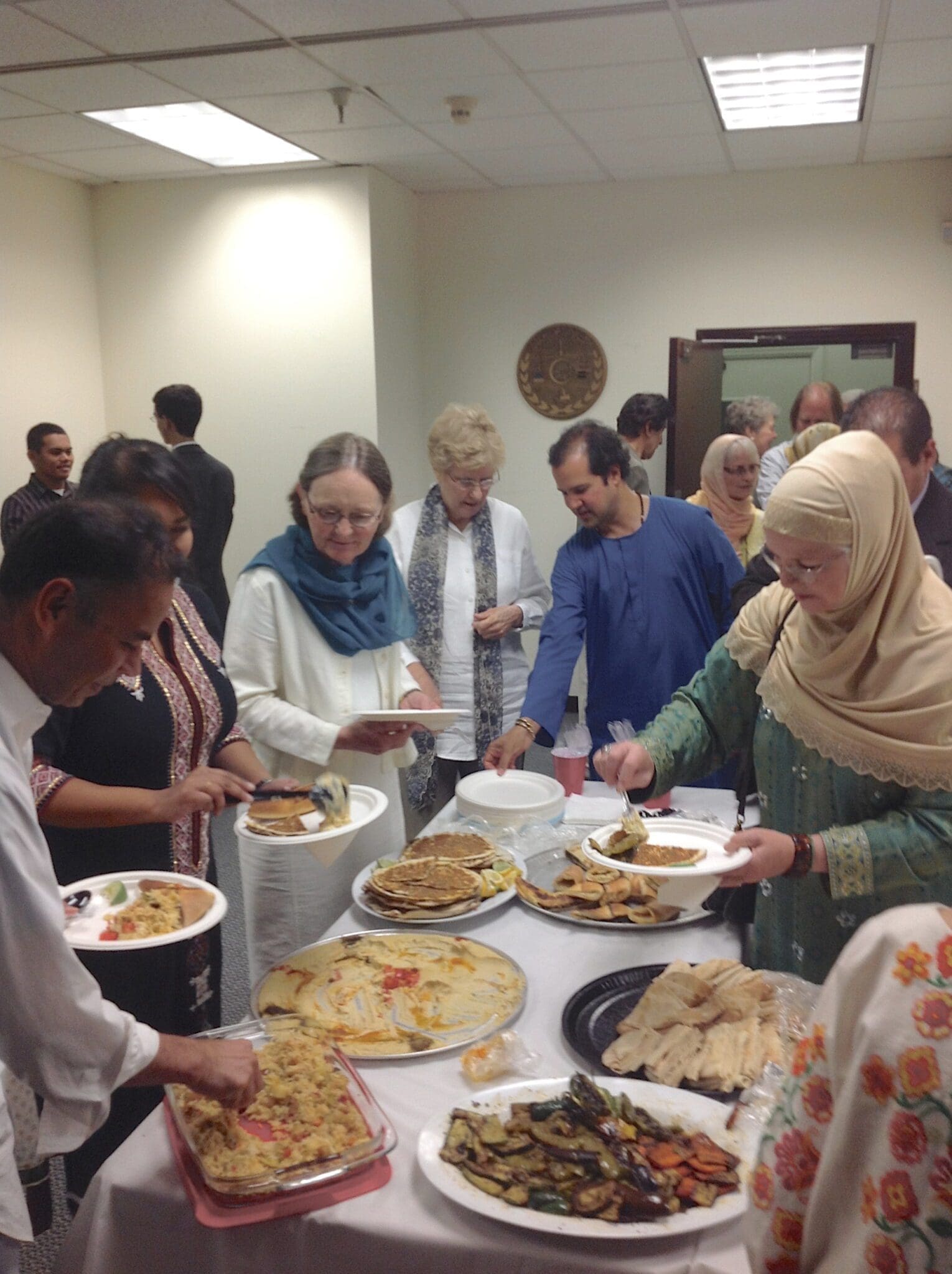
Iftar: Breaking of the Fast
Throughout Ramadan, Muslims are encouraged to start each day with a pre-dawn meal, Suhur, before the daytime fast. At sunset, the daily fast ends with Iftar, a meal that takes place at the time of the call to prayer for Maghrib (early evening prayer).
Iftar is often eaten in community. Traditionally, believers break the fast by eating three dates, as Prophet Muhammad is thought to have done. Many believe that sharing Iftar with someone in need is a form of charity that the Prophet also practiced.
Video: Iftar hosted by The Guibord Center and the Islamic Center of Southern California
“The month of Ramadan is a month of fasting and of trying to grow in our subtlety and sophistication and grow from the essence of our being closer to God and closer to our fellow human beings in the process… It is a month of transformation of the heart…. a time of reconnecting to scripture…a time of community…of a spirit of generosity and giving.”
—Jihad Turk, President, Bayan Islamic Graduate School
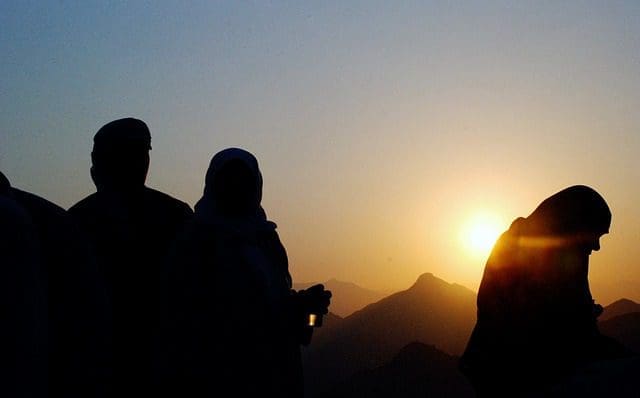
Laylat al-Qadr
April 16, 2023 Muslims consider Laylat al-Qadr (“Night of Power”) the holiest night of the year. Falling on the 27th of Ramadan, it commemorates the night that the Qur’an was first revealed to Prophet Muhammad.
Believers observe Laylat al-Qadr with study, devotional readings, and prayer. The night’s holiness is believed to make it a favorable time for answered prayers. Those who pray in sincere faith and hope of attaining Allah’s rewards are believed to receive forgiveness for past sins.
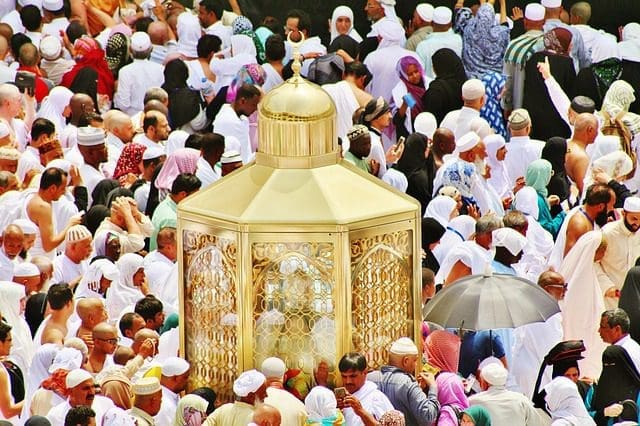
Juma tul Wida
April 14, 2023 Juma tul Wida, the last Friday of Ramadan, isn’t an official holiday. However, some Muslims consider it the month’s second holiest day and one of the year’s most important days. Acts of charity and worship are thought especially praiseworthy on this day. On Jumu’ah (Friday), men must attend congregational prayers in place of midday prayers. Women may attend but aren’t required.
O you who have believed, when [the adhan] is called for the prayer on the day of Jumu’ah [Friday], then proceed to the remembrance of Allah and leave trade. That is better for you, if you only knew. [Quran 62:9]
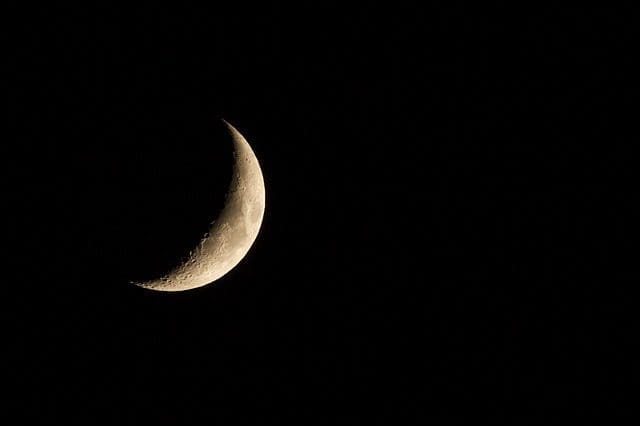
Eid al-Fitr
April 21, 2023 Eid al-Fitr (Breaking of the Fast) marks the end of Ramadan. It falls on the first of Shawwal. Along with celebrating the end of a month of blessings and fasting, Eid al-Fitr is a day of charity. During the last days of Ramadan, families donate food to those in need. This ensures that everyone can celebrate with a special meal.
On Eid, believers gather early in the morning for the Eid prayer, a sermon followed by a short congregational prayer. Afterward, they visit or call family and friends and exchange gifts. Most Muslim countries celebrate Eid for three days and this period is an official government and school holiday.
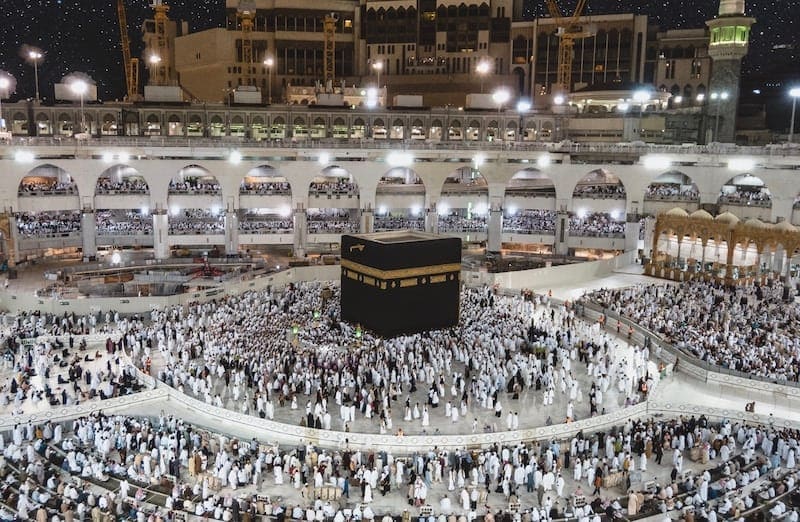
Hajj
June 28, 2023 Each year, Muslims make the Hajj (pilgrimage) to Mecca, Saudi Arabia, the birthplace of Prophet Muhammad and the Islamic faith. Hajj takes place on the 8th to 12th days of Dhu al-Hijjah, the last month of the year. The journey is mandatory for all able adult Muslims at least once in their lifetime.
During Hajj, millions of people gather in Mecca and perform several rituals. One is walking counterclockwise seven times around the Kaaba, the dark cube-shaped building that Muslims face when praying. They also drink from the Zamzam Well and throw rocks at three pillars (symbolically stoning the devil). Believers also shave their heads and sacrifice an animal before celebrating Eid al-Adha.

Eid al-Adha
June 29, 2023 Eid al-Adha (Feast of Sacrifice) lasts three to four days and marks the end of Hajj. The holiday commemorates the story of the Prophet Ibrahim (Abraham) who was willing to sacrifice his son Ismail (Ishmael). Muslims believe that when God commanded him to sacrifice his son, Ibrahim chose his eldest son, Ismail. As in the Christian and Jewish stories, just as Ibrahim was about to kill Ismail, God spared the boy by replacing him with a lamb.
On Eid al-Adha, believers gather at the mosque at dawn. They recite the Takbir (declaration of faith) and Salat al-Eid, a prayer that is also said on Eid al-Fitr. Believers exchange gifts and visit family and friends. Those who are financially able sacrifice a sheep, goat or cow in remembrance of Ibrahim’s sacrifice. Families share part of the meat with neighbors and friends, give some to those in need and keep the rest.
